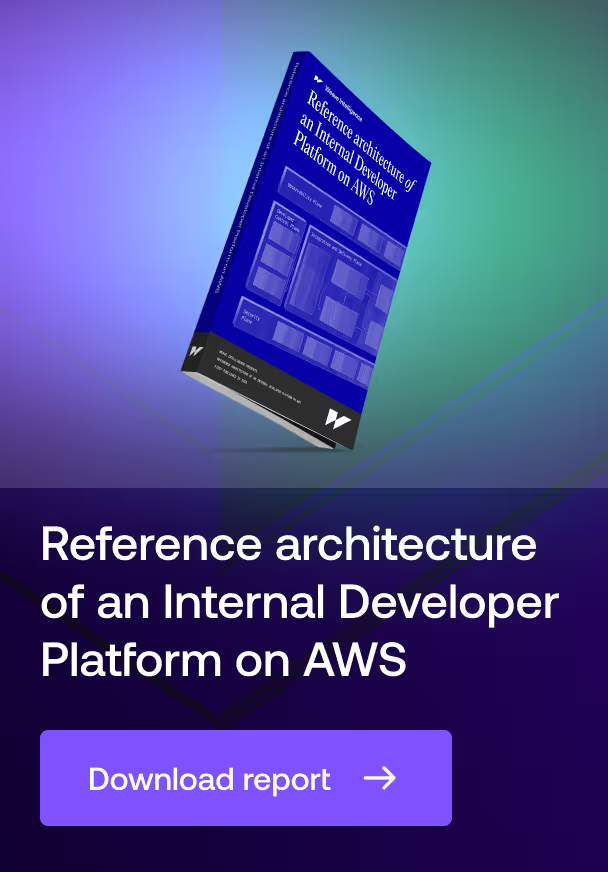Red Hat OpenShift Dev Spaces
Profile
Built on the open source Eclipse Che project, Red Hat OpenShift Dev Spaces uses Kubernetes and containers to provide developers and other IT team members with a consistent, secure, and zero-configuration development environment.
The experience is as fast and familiar as an Integrated Development Environment (IDE) on your laptop. OpenShift Dev Spaces is included with OpenShift subscription and is available in the OperatorHub. It gives development teams a faster and more reliable foundation on which to work and offers operations teams centralized control and peace of mind.
Focus
The primary focus of Red Hat OpenShift Dev Spaces is to provide cloud-based, containerized development environments that are consistent, secure, and scalable. It enables developers to work in pre-configured, Kubernetes-native workspaces, ensuring seamless collaboration, reproducibility, and integration with DevOps workflows without requiring local setup.
Background
Red Hat OpenShift Dev Spaces evolved from Eclipse Che, an open-source cloud IDE originally developed by the Eclipse Foundation. It was designed to address challenges in traditional development environments, such as dependency conflicts, inconsistent setups, and onboarding delays. By integrating with OpenShift, Red Hat transformed Dev Spaces into a Kubernetes-native solution, enabling developers to work in ephemeral, containerized workspaces that are secure, scalable, and easy to manage. This approach aligns with modern DevOps practices, ensuring development environments are reproducible and infrastructure-independent.
Red Hat OpenShift Dev Spaces main features
- Cloud-Based, Containerized Workspaces: Developers get pre-configured, on-demand workspaces running in containers on OpenShift, ensuring consistency across teams without the need for local installations.
- Security & Access Control: Workspaces run in isolated containers with built-in security policies, role-based access control (RBAC), and integration with enterprise authentication systems.
- Integrated Development & DevOps Workflow: It supports VS Code-compatible editors, Git integrations, and seamless CI/CD pipeline connectivity, allowing developers to build, test, and deploy applications directly from their workspaces.






